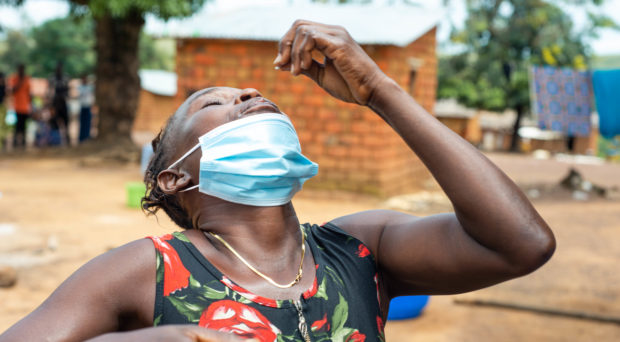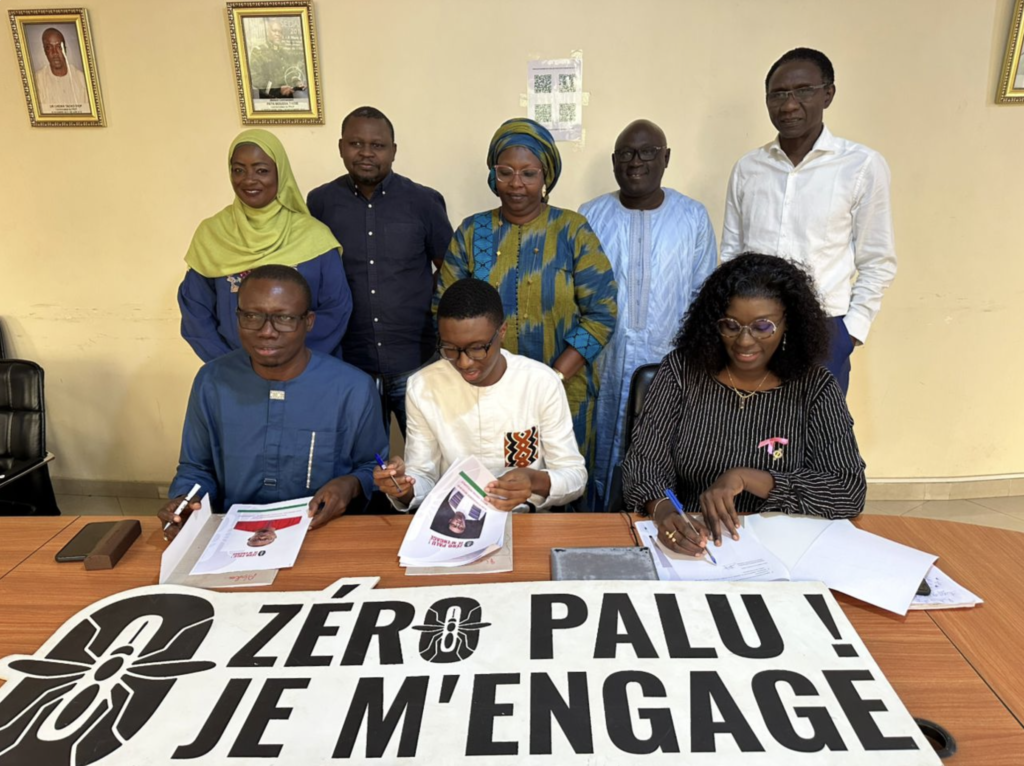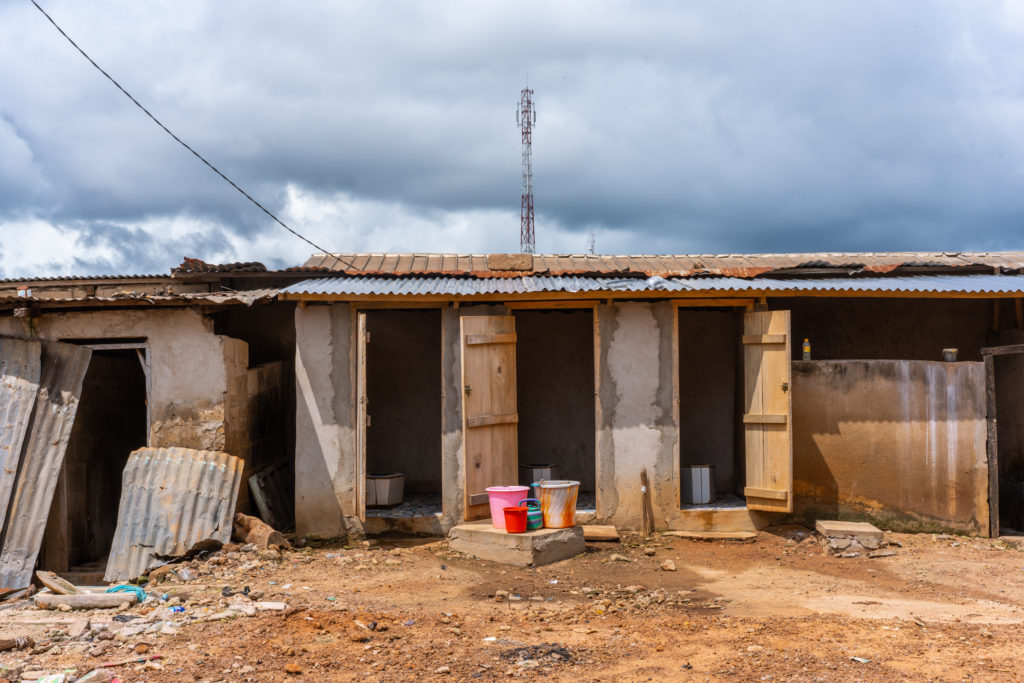Why Africa Must Own Its Neglected Tropical Disease (NTD) Elimination Agenda

Global health assistance plays a critical role in saving lives and empowering communities. Nonetheless, the current global health finance needs to be improved: the scale is inadequate, and the progress needs to be more sustainable. In uncertain times, commitments to global health are often the first to be cut by wealthier donor nations, as their domestic priorities take precedence. But so often, as we saw during the COVID-19 pandemic, it is precisely when traditional donor nations step back that the global need for investment in health and resilience is at its highest.
Health services face increasing demand due to climate change, international conflict, and underlying economic instability. All the while, global health budgets are in decline. The need to make financing sustainable by focusing on domestic resources is increasingly urgent. Nowhere is this clearer than in Africa’s health services, where a sustainable and resilient future can only be delivered for Africa by Africa.
The case of Neglected Tropical Diseases (NTDs)
NTDs are a prime example of a health initiative in which the leadership of African governments has been shown to result in real, sustainable progress, leading to the elimination of specific NTDs.
NTDs are a group of diverse parasitic, viral, and bacterial diseases that can cause severe pain, disabilities, malnutrition, and cognitive impairment. They destroy lives, prevent children from attending school, and keep communities in generational cycles of poverty. The African Region carries 39% of the global NTD burden — impacting over 580 million people. These diseases limit Africa’s growth potential and pose a significant threat to the health and well-being of millions.
In many places, we are in the last mile of NTD elimination. To date, 21 African countries have eliminated at least one of these diseases, with countries such as Togo, Benin, Uganda and Malawi having eliminated several NTDs.
NTDs are amongst the “best buys” in global public health
African government budgets face limitations in the current economic climate, with the continent facing debt sustainability concerns, fiscal pressures, and climate change uncertainties. However, we ultimately need to act to increase domestic health budgets. In recent years, sudden funding cuts from bilateral donors have shown the fragility of the global health gains achieved over decades.
I was proud when my organization, CIFF, was able to provide emergency funding to fill potential shortfalls, but African nations should be kept from this position of vulnerability. It is now a matter of prioritizing and allocating resources to eliminate these diseases rather than if we should.
NTDs are preventable and treatable and, according to the WHO, among the “best buys” in global public health. These highly cost-effective interventions have far-reaching economic and social benefits: for every US$1 invested in preventive chemotherapy for NTDs, the net benefit to individuals could be up to US$25 in avoided out-of-pocket payments and lost productivity.
Since existing domestic government NTD budgets are relatively small, modest increases can make a significant impact, allowing countries to take ownership of critical global health programmes. The inclusion of NTDs in government policies would require less than 1% of domestic expenditure on health to meet the WHO road map for neglected tropical diseases 2030 targets.
Increasing domestic budgets, going beyond finance, and mainstreaming NTDs
Domestic resource mobilization entails increasing revenues through improved audits, simplified filing processes, and the effectiveness and transparency of tax collection systems.
At a recent Southern Africa Development Community (SADC) experts’ meeting organized by the African Union, clear recommendations were articulated on the need for countries to mobilize domestic resources for NTDs and lead elimination strategies.
The case was made for Member States to shift the balance of their domestic budget by assessing where programmes have sound financial resources compared to those currently under-resourced. Within this context of spending efficiency, there is a clear argument for why NTDs should be mainstreamed within national health systems. Integrating NTD services within other Ministry of Health programmes is a clear win – as well as integration across all ministries involved in vector control, animal health, malaria and nutrition.
Going beyond finance, the SADC meeting’s recommendations were clear on the need for adequate staffing, capacity building, training packages for health workers, and accurate data capture and management. All these interventions could significantly improve the quality of care and rates of NTD prevention and elimination in the medium and long term.
Leaving nobody behind in global health begins with NTDs
External funding has undoubtedly played a catalytic role in many global health milestones. CIFF has had the privilege of being part of many of these moments. However, we are committed to working with governments in Africa to ensure we are led by their priorities and that progress becomes embedded in national health systems. These principles must also lead to bilateral development finance – first and foremost, rooted in partnership.
If we, as Africans, are serious about leaving nobody behind, we must start with health and, more pointedly, the best buys in public health that can lead to the most significant impact and bring about efficiencies in other healthcare areas and the broader system – that is the case for NTDs. Africa must own its NTD elimination agenda – and external funding from philanthropy and different international donors must serve a For Africa, By Africa agenda.


